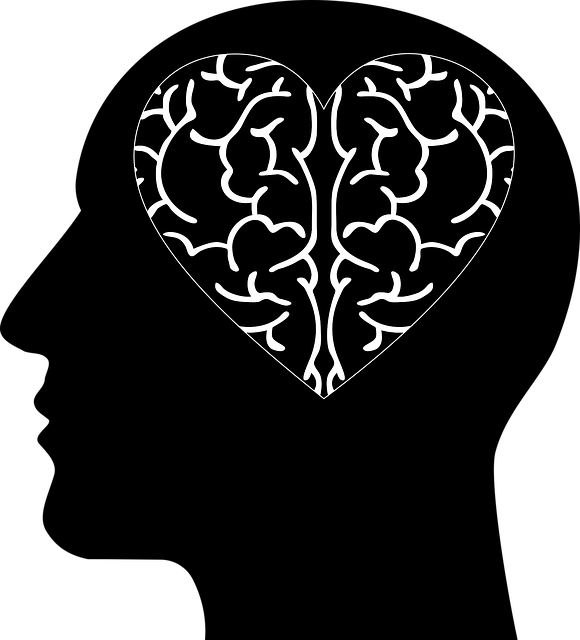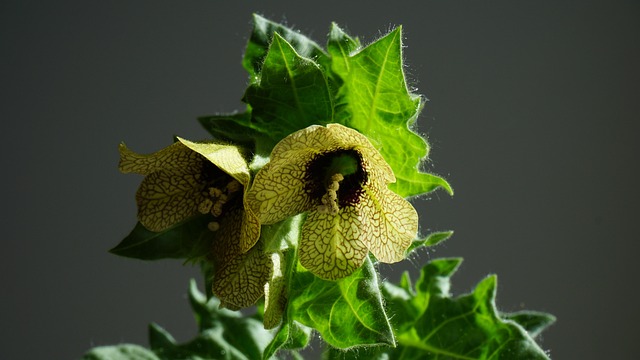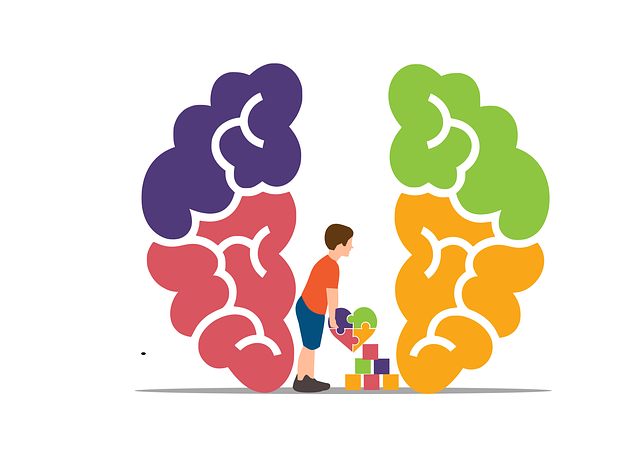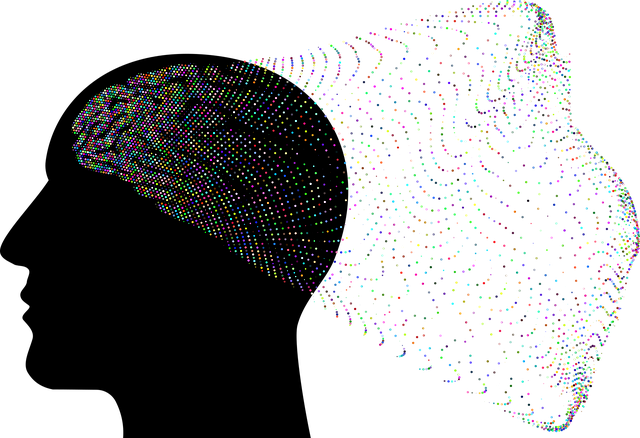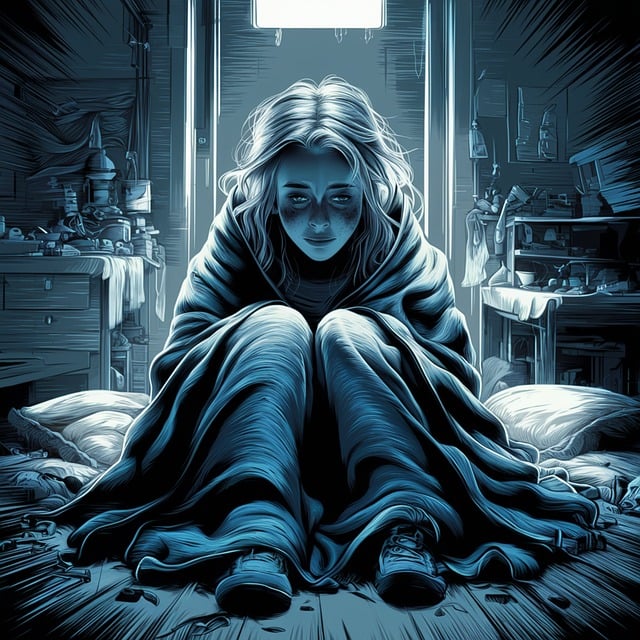Early intervention, culturally sensitive therapy, family education, and evidence-based practices like CBT are crucial for managing psychosis in young children. Incorporating mindfulness, relaxation techniques, and supportive environments enhances mood regulation, resilience, and coping strategies. Group therapy, playdates, and open communication foster social connections and emotional well-being. These integrated approaches significantly improve the mental health of young individuals with psychosis, emphasizing a holistic care strategy.
Mood regulation strategies are crucial for young children experiencing psychosis, helping them navigate emotional landscapes. This article explores a comprehensive approach to managing mood swings in this vulnerable demographic. We delve into evidence-based practices such as Cognitive Behavioral Therapy, which has proven effectiveness in modifying thinking patterns. Additionally, mindfulness, relaxation techniques, environmental adjustments, and social support are discussed as vital components of a holistic therapy program for young children with psychosis.
- Understanding Mood Regulation for Young Children with Psychosis
- Cognitive Behavioral Therapy: A Powerful Tool for Mood Management
- The Role of Mindfulness and Relaxation Techniques
- Environmental Modifications to Support Emotional Well-being
- Building Social Connections and Coping Strategies
Understanding Mood Regulation for Young Children with Psychosis

Understanding Mood Regulation for Young Children with Psychosis is a nuanced and critical aspect of their therapeutic journey. Early intervention plays a pivotal role in managing symptoms and enhancing overall well-being, especially considering the unique challenges presented by psychosis at a young age. Therapy for Young Children with Psychosis often involves tailored strategies to address mood dysregulation, which can be particularly effective when culturally sensitive approaches are incorporated into treatment plans.
Mental health awareness among families and caregivers is essential in recognizing early signs of distress and implementing effective coping mechanisms. Mental illness stigma reduction efforts also play a significant role, fostering an environment where young individuals feel comfortable seeking help without fear of judgment. Cultural sensitivity in mental healthcare practice ensures that interventions resonate with the child’s background and experiences, promoting better engagement and outcomes.
Cognitive Behavioral Therapy: A Powerful Tool for Mood Management

Cognitive Behavioral Therapy (CBT) is a highly effective strategy for managing and regulating mood, particularly in young children experiencing psychosis. This form of therapy focuses on identifying and changing negative thought patterns and behaviors, providing a powerful tool to combat mental health challenges. By targeting specific cognitive distortions, CBT helps individuals develop healthier coping mechanisms, enhance resilience, and ultimately reduce symptoms of anxiety relief and burnout prevention.
The approach is tailored to meet the unique needs of young patients, offering them a safe space to explore their thoughts and emotions. Through structured sessions, children learn to challenge negative beliefs, replace them with more realistic and positive ones, and adopt behaviors that promote emotional well-being. CBT has proven successful in managing psychotic symptoms while also fostering resilience building and improving overall mood regulation, making it an invaluable therapy for this demographic.
The Role of Mindfulness and Relaxation Techniques

Mindfulness and relaxation techniques have emerged as powerful tools in mood regulation strategies, offering significant benefits for both mental health and overall well-being. These practices are particularly valuable for young children experiencing psychosis or other mental illnesses. Through mindfulness, children can learn to focus on the present moment, observe their thoughts and feelings without judgment, and develop a greater sense of self-awareness. This proactive approach helps in managing symptoms, reduces the impact of stigma associated with mental illness, and fosters resilience.
Relaxation techniques, such as deep breathing exercises, meditation, and progressive muscle relaxation, provide children with healthy coping mechanisms to navigate stressful situations. Incorporating these practices into daily routines can prevent burnout, a common issue among healthcare providers treating young patients with psychosis or other serious conditions. By supporting both the child’s mental health journey and addressing provider burnout through stigma reduction efforts and cultural competency training, a holistic care approach is established, enhancing overall treatment efficacy.
Environmental Modifications to Support Emotional Well-being

Creating a supportive environment is crucial for young children with psychosis to regulate their moods and promote emotional well-being. This involves careful consideration of their surroundings, which can significantly impact their mental health. Simple modifications like ensuring bright, well-lit spaces, incorporating natural elements such as plants or views of nature, and promoting sensory experiences through soothing textures or engaging play areas can make a profound difference. These environmental design aspects not only create a calm atmosphere but also provide opportunities for therapy sessions to be more effective, tailored to the child’s unique needs.
Moreover, designing mental health education programs within these environments can further enhance emotional regulation skills in young children. Public awareness campaigns that highlight the importance of early intervention and normalise conversations about mental health can also contribute to a supportive ecosystem. By combining environmental modifications with structured programs and public initiatives, we can create a holistic approach to supporting children’s emotional well-being and potentially preventing more severe conditions like depression.
Building Social Connections and Coping Strategies

Building strong social connections is a vital mood regulation strategy for young children, especially those navigating psychosis. Therapy sessions can foster this by creating a supportive environment where kids feel understood and accepted. Through group therapy or playdates with peers, children learn to express their feelings, develop coping skills, and build resilience against negative thoughts and emotions. Encouraging open communication and positive interactions helps children form meaningful bonds, enhancing their self-esteem improvement and emotional well-being.
Complementing these social connections, various coping strategies can be taught within therapy sessions. Mind over matter principles, such as cognitive reframing and mindfulness exercises, empower young individuals to manage stress reduction methods effectively. By learning to recognize and challenge negative thought patterns, children gain a sense of control over their emotions. These techniques, combined with strong support systems, contribute significantly to the overall mental health and mood regulation abilities of young children experiencing psychosis.
Mood regulation strategies are essential tools in supporting young children with psychosis. By combining Cognitive Behavioral Therapy (CBT) with mindfulness, relaxation techniques, environmental modifications, and building social connections, we can empower these children to manage their moods effectively. These integrated approaches not only enhance emotional well-being but also foster growth and resilience, offering a promising path forward for CBT as a game-changing therapy in the treatment of young children with psychosis.
